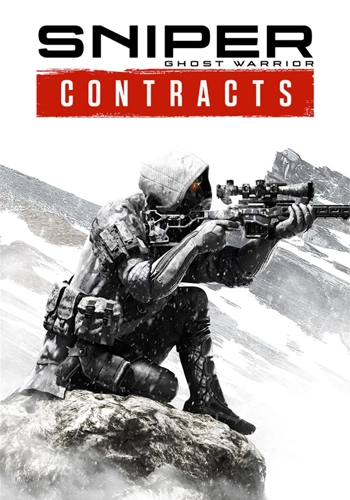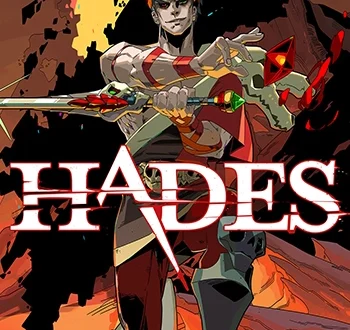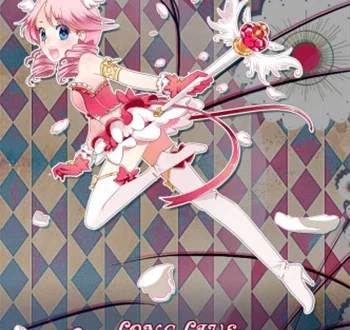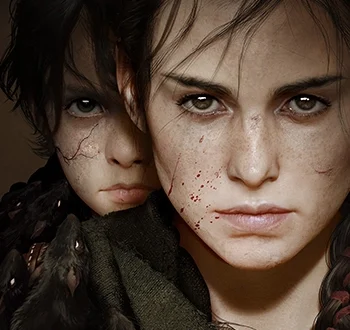Sniper: Ghost Warrior Contracts
Hits its mark, just not the heart
A man's games library is a woman's shoe cupboard: so much to choose from and yet nothing quite right. I would like to start my review of Sniper: Ghost Warrior Contracts with this cliché. Not a good start, you might think, but it fits quite well with this game, which I picked up in the sale in a fit of Splinter Cell-nostalgia and can now put away again after a good 15 hours - and what did those 15 hours cost me. Not in the desired sit-on-the-edge-of-your-chair-and-hope-that-everything-works-out sense, but more along the lines of when-is-it-finally-over?
Sniper: Ghost Warrior Contracts was released last year and is, as is easy to recognize, a spin-off of the Sniper: Ghost Warrior-series from Polish developer City Interactive. The core of the game can also be easily deduced from the name. We play a special soldier trained as a sniper who takes out targets as a lone wolf. He is equipped with a fairly extensive arsenal of weapons, numerous gadgets and a wonderfully inappropriate voice acting that sounds less like a roughneck and more like skinny jeans. But why do we even hear our virtual self speak as a solo killer? Pay attention! We can listen to our protagonist's voice whenever we speak to our intermediary, the 'handler', who gives us the contracts that give the game its name. And that brings us to the first cliché: the story.
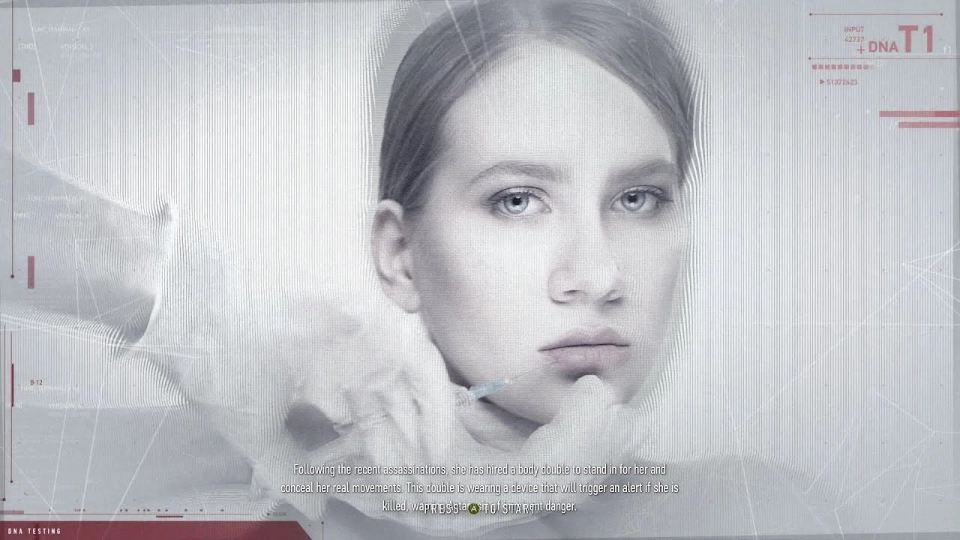
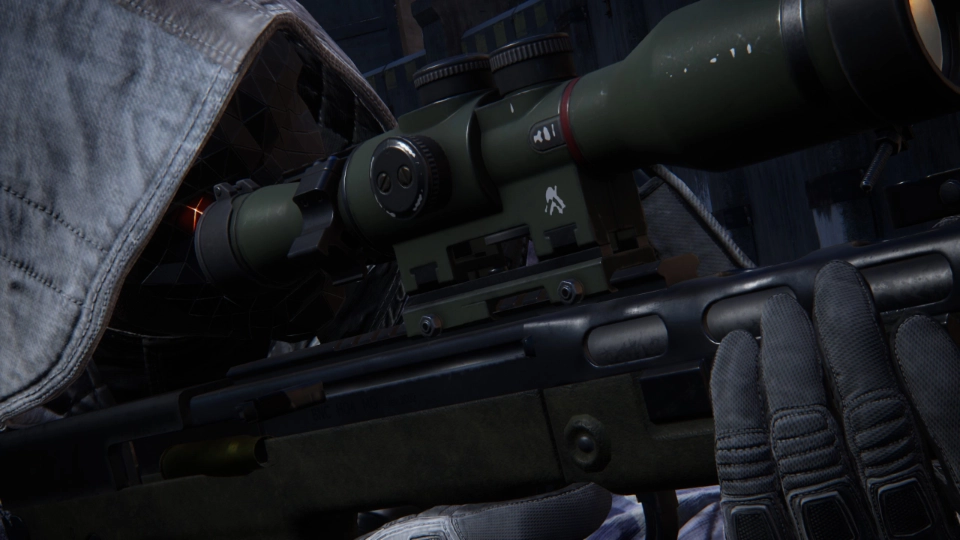
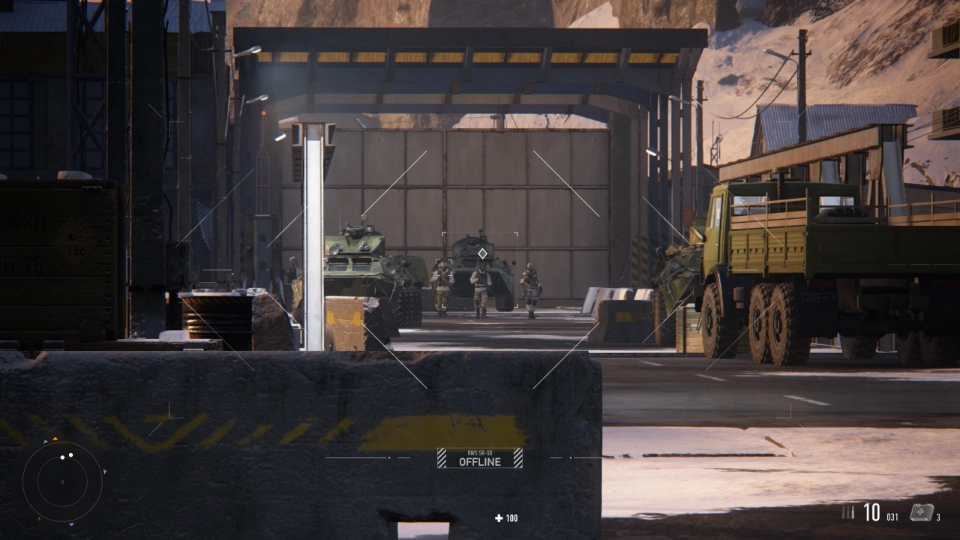
Freedom fight in the middle of nowhere
At first glance, the scenario is actually quite interesting. Siberia has declared its independence from Russia, some oligarchs are running the country and, as it happens, each of our target characters has enough dirt on them that only a courageous rearrangement of physical features using leaded projectiles or sharp cutlery can give their lives any meaning - more on this later. Contracts offers five maps plus a mini-tutorial on which we have to work our way from our ex- or infiltration point to our objectives. A handful of scenarios may not sound like a lot at first, but the maps are actually very extensive and beautifully designed, albeit quite linear, and feature multiple objectives. Each location always offers us several options to reach our targets. Sometimes we can bypass the guards through a ventilation shaft, sometimes we can wriggle our way through a minefield, provided we have unlocked the necessary skill. After all, we receive money and tokens for completing missions and challenges, which we need to upgrade our super soldier. On digital paper, this sounds as if Contracts has what it takes to be an exciting, challenging game, but it's not.
It starts with the story outlined above. Who are we? Someone who has been selected and even wears a mask to minimize identification with the faceless assassin. We are called 'Seeker' by our contact, who of course we don't know either. The 'Handler' is our only interlocutor and is just as characterless, of course. “Do this, kill that, collect that.” This makes sense for the premise of the game - after all, contract killers and handlers rarely peddle their real names - but it also makes it immediately clear that this game is nothing more than a playground for people who enjoy spending hours watching stupid NPCs stare into the distance, memorizing patrol routes and, after countless failed attempts, making the perfect run to take out the target unnoticed. If that's enough for you, you'll probably have fun with Contracts and at this point I could probably end the review, but I've just watched two hours of soccer and need some excitement in my life again, so I'll tell you what bothered me about this game.
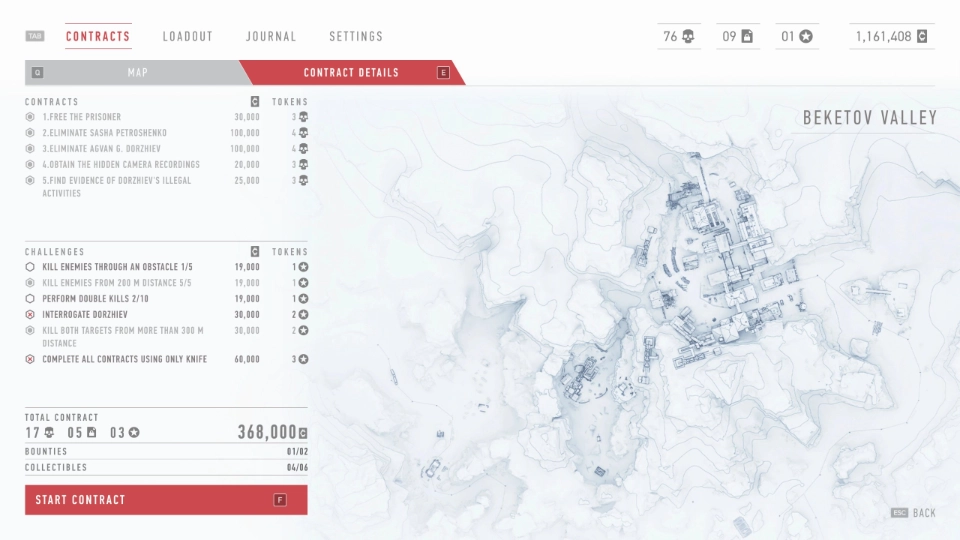
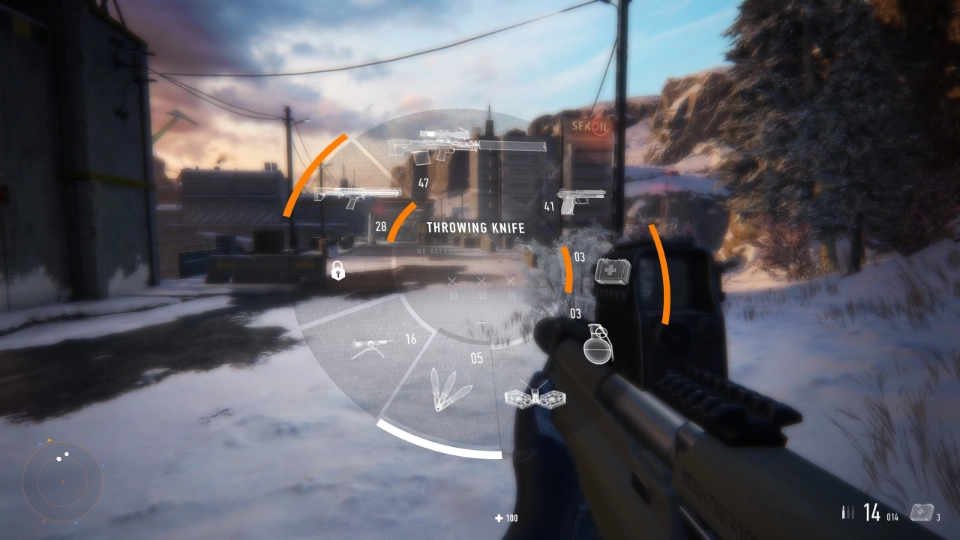
Let's be blunt
If we're playing a contract killer, why does every victim have to be portrayed as deserving to die? I can understand that with a criminal underground boss, but with a doctor who tries to 'breed' disease-resistant children by means of genetic manipulation? This actually intriguing basis for an ethical debate with enough room for personal interpretation is of course torpedoed shortly after entering the map by the fact that the woman in question has a few (child) corpses in her cellar and, how could it be otherwise, wants to breed super soldiers. All so that the player doesn't end up in a conflict of conscience.
The game rather tries to justify our actions the other way around, i.e. that we are doing something 'good' with these murders, perhaps even being a hero to the citizens of Siberia. Call me idealistic, but I think that contract killings can never be justified, after all, large parts of the western world boast about the abolition of the death penalty. So why not, as is the case with the Hitman-series for example, have the player question his actions when we kill a seemingly good person for money? After all, we also kill (depending on the style of play) mountains of soldiers and guards without any second thoughts ... and it becomes clear relatively early on that our client is not pursuing altruistic motives ... wasted opportunity. In other reviews I would have marked this 'reveal' as a spoiler, but it's so obvious that you have to have the mental level of the AI opponents not to notice it.
That's the next item on my hate list, although I have to say up front that I played Contracts on the medium difficulty level 'Sniper'. On this level, the enemies were a joke. Unless there's a sniper nearby, you can safely stand 50 meters away and not be noticed - in a game where enemies are displayed at a distance of up to 1 km.
“But hey, why don't you play ‘Deadeye’, then your opponents will notice you straight away.”
To which I would reply: “Hey, thanks for the tip, that's a great idea, I didn't even think of it myself.”
“Especially as you can select the difficulty level for each mission in advance in case you get stuck somewhere.”
“That's true, dear fanboy. But did you know that this also means the enemies can take more hits and that 'Sniper' is the default level? I'm already biting the dust in a direct firefight. So do I have to make the game artificially harder for it to be exciting? Do people complain that Dark Souls, is too hard for them?”
“ Er ... yes?”
“Yes, but then they either don't continue playing it, or they do because the game was designed to be so difficult. The medium difficulty level is the standard here. You're not going to order a pork chop and then complain that it has meat in it?”
“No, of course not. But what does that have to do with Contracts?”
“Well, in the case of Contracts you order a pork chop and the good-looking waitress brings a schnitzel ... to the next table.”
What I am presented with is a sniper simulation in an almost realistic scenario in which I have to think about every step and not make any mistakes in order not to fail. At least that's the theory. In practice, however, I can depopulate entire bases from a distance in just a few minutes. I'm not interested in a single person being able to take out hundreds of enemies on their own. This is a game that's supposed to be fun. However, it isn't that fun if I can go on a killing spree because Captain Short Sight and his 30 blind brothers are oblivious to their fate. Even when enemies are standing next to each other, I have enough time to take them out one after the other without triggering an alarm.
But even if the sirens do wail, that doesn't mean game over. In the worst case scenario, an artillery hit or enemy fire sends us to the grave and to the last checkpoint - of course there is no free save. Alternatively, all alerted enemies are displayed in a red diamond so that we can take them out one by one from a distance. Even if shots are fired or grenades explode, the alarm is not triggered immediately. And since the areas of the maps are sequenced, an alarm in location A does not mean that the soldiers in location B become more alert. Despite radio traffic and screams of death, it's like the end of a disco: everyone does their own thing, the number of visitors drops, there's a huge mess at the end and I have a headache.
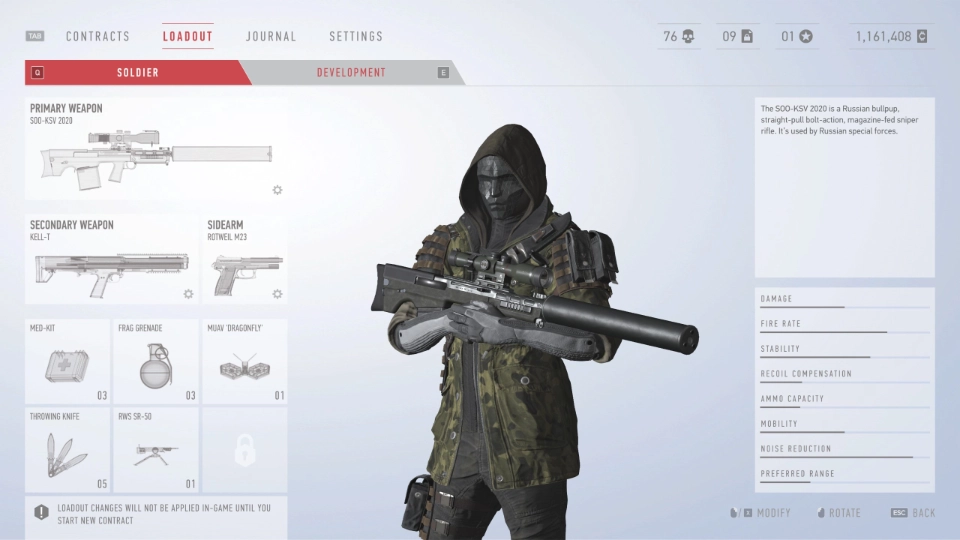
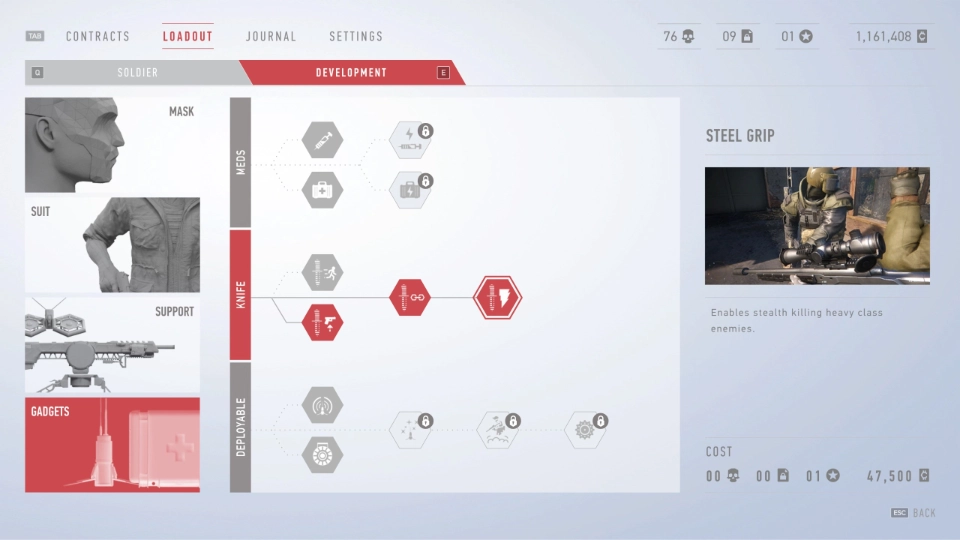
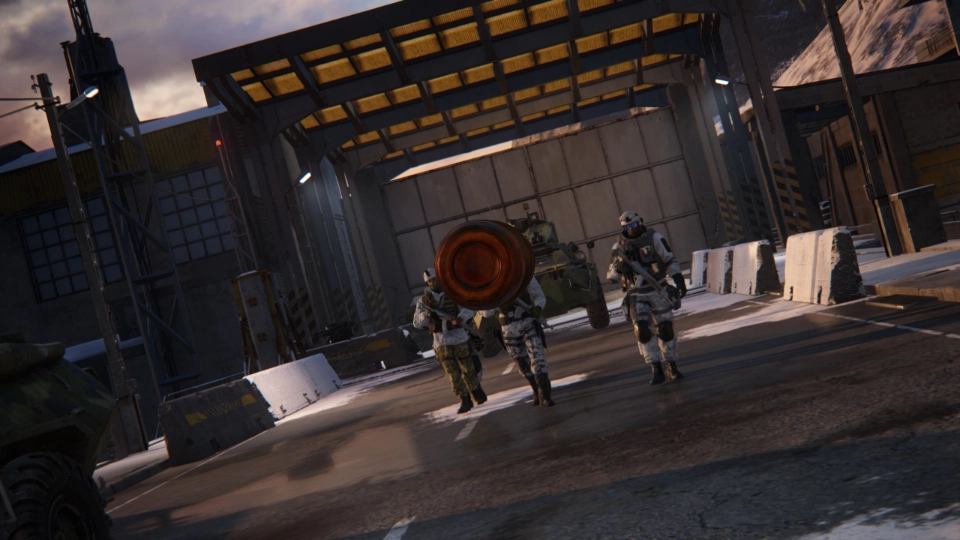
For this reason, going quietly makes little sense unless you want to complete the various challenges of the maps just to unlock more upgrades for your character and weapons, which you don't need anyway because headshots are always fatal (as they should be). And if even I refrain from doing pointless challenges, having played all of Assassin’s Creed to 100% (yes, even Odyssee), that's saying something. That's because even collecting feathers in Assassin’s Creed II was more fun than blowing the stupid AI opponents in Contracts out of their pitiful virtuality. I can stand two meters away from the enemy in the tall grass, and as long as I crouch down before filling up the attention bar, I'm virtually invisible. Unlike in AC the opponents are not suspicious or alarmed afterwards, but stubbornly follow their routine.
Summary
I could go on and on about how useless the different weapons are due to one-hit mechanics, how I didn't have to use any of the gadgets and how happy I was to finally be able to turn off the game after numerous crashes, but honestly, I don't have the time right now. So here is my conclusion: If you can disregard the actual open maps, which are sometimes limited by graphic walls, the awkward climbing controls and the fact that bodies can't simply be thrown over ledges, the simple hacking game, graphic bugs, repetitive kill animations, the awful AI, the stupid story and boring characters, the lack of hit feedback under fire and, last but not least, the frequent replaying of some areas due to the lack of free saving, then you'll probably have fun with Sniper: Ghost Warrior Contracts Contracts.
Despite all the criticism, three things work well in this game: the world looks coherent, albeit not overwhelming. The sniping, the core of the game, does work and is satisfying despite the repetition. And conversely, if you like to tackle the same scenario in different ways, the numerous infiltration options and gadgets provide you with enough tools to do so. Because I haven't played any other game from the brand so far, I can't judge whether Contracts implements these aspects better or even worse than its predecessors. But I would hope so. Because if this game represents the pinnacle of the series, it definitely missed the mark in terms of good game design.


